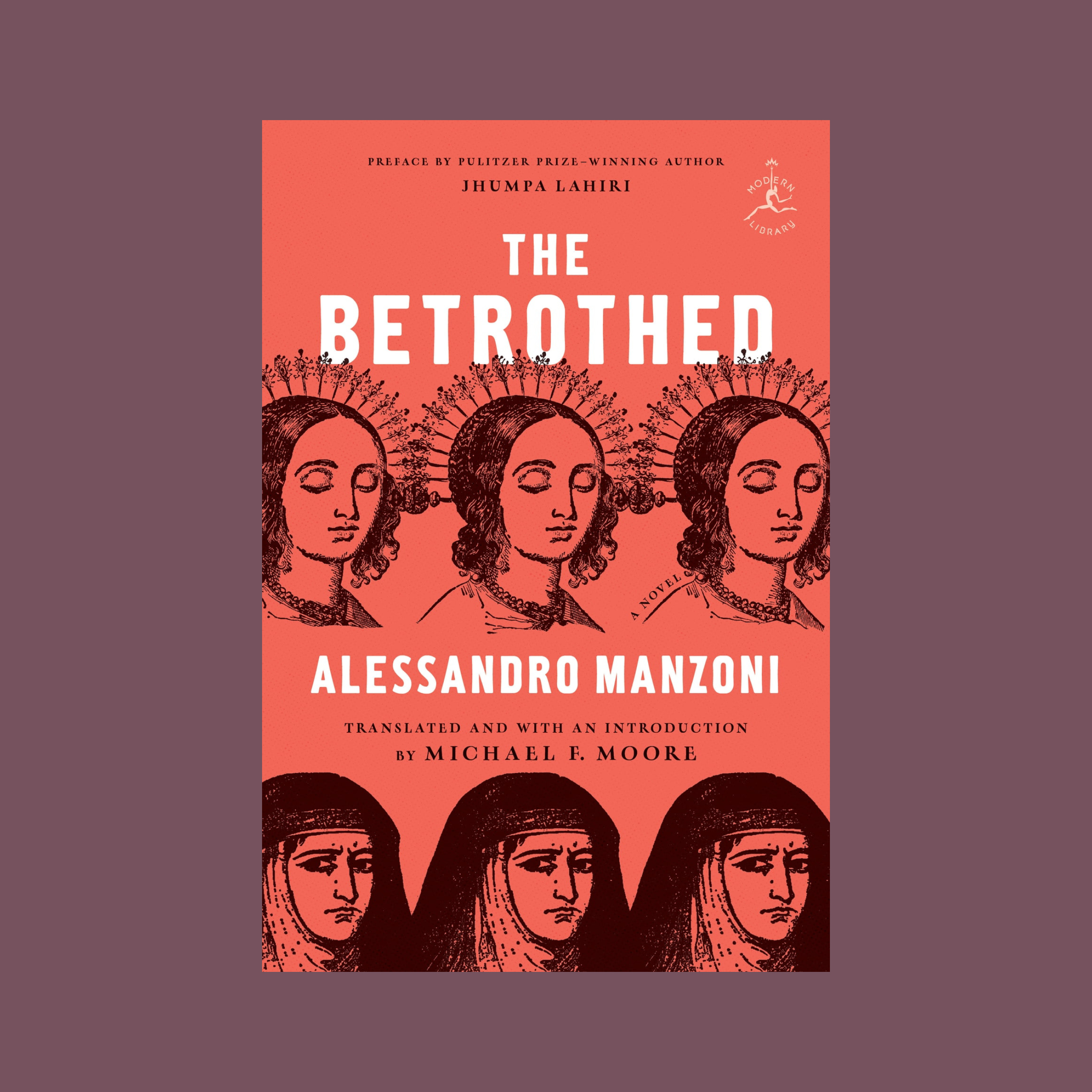APS TOGETHER
Day 6
The Betrothed by Alessandro ManzoniChapter 5
February 26, 2023 by Michael F. Moore
The palace of Don Rodrigo seems like something straight out of an English Gothic novel. (The Mysteries of Udolpho by Ann Radcliffe—who had never been to Italy—was wildly popular throughout Europe.) Manzoni acknowledges the theatricality of this scene immediately. And what a place. Grotesque villagers. An almost windowless façade. The dead vultures nailed to the door.
The palace of Don Rodrigo rose, isolated and severe, like a fortress atop one of the hills scattered along and rising above the lakeshore. The anonymous author (who should have simply told us the name of the place)…
Even more grotesque, perhaps, is the assembly of gentlemen Padre Cristoforo finds gathered around the dinner table, absorbed in a debate about chivalry. The rulers of society are all there: Don Rodrigo and his cousin Count Attilio; the mayor or podesta; the lawyer; Professor Argle-Bargle; and two sycophantic guests. “The only thing our manuscript says about them is that all they did was eat, nod their heads, laugh, and agree with everything one guest might say that was not contradicted by another.” As we found out through the story of Padre Cristoforo’s father, the wrong joke or remark at the dinner table could get you banished from society. And what were the gentlemen debating? Whether the chivalric code allows you to shoot the messenger (a bad omen for Cristoforo, the flesh-and-blood messenger appearing at their table).
And from this provincial gathering we learn of larger events, the War of the Mantuan Succession, a kind of proxy war between Spain and France for a small duchy in northern Italy that would eventually involve the Holy Roman Empire. These provincial potentates boast of their acquaintance with the two opposing statesmen, the Count-Duke Olivares of Spain and Cardinal Richelieu of France, but they can’t even get their names right.
Page 80. How does Padre Cristoforo navigate his way through the riddle thrown at him? “How does one respond to arguments based on wisdom so ancient yet so new? By saying nothing. Which is exactly what our friar did.”
